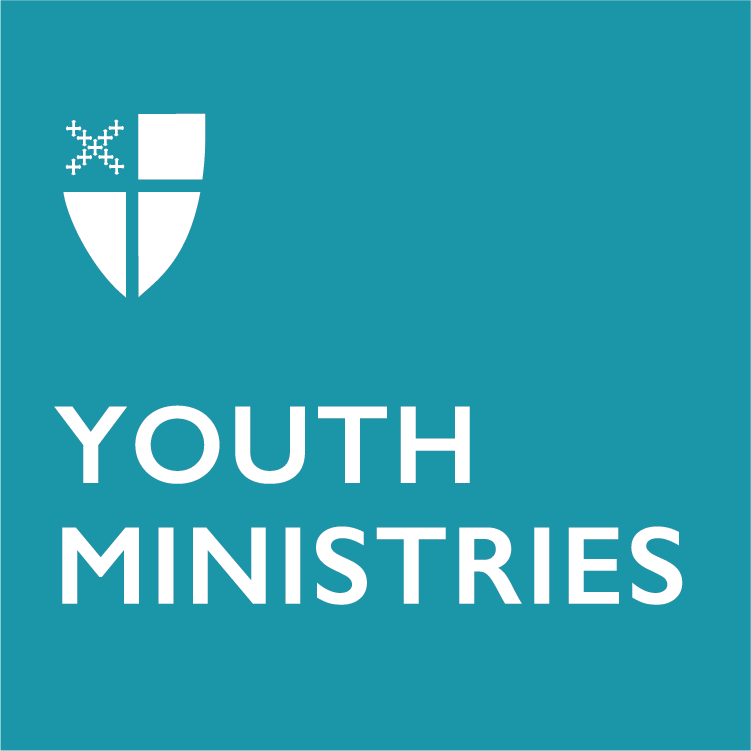[Episcopal News Service – Indianapolis] The House of Deputies on July 11 approved a number of resolutions on how the church can address issues of social and economic justice, and others that dealt with internal church matters.
It concurred with the House of Bishops on resolution A135, a compilation of several other resolutions that responds to issues of poverty and injustice. It commits the church over the next three years to “teaching, preaching, organizing, advocating, and building mutually transformative relationships with those who are poor to focus our hearts and the mission of our congregations and dioceses on reducing poverty and increasing economic and racial justice.”
It also calls for every meeting that takes place in the church to include time for prayer and reflection “on how our work engages issues of poverty and economic and racial justice networks” in order to “cultivate mindfulness about poverty in our communities and world.” The Episcopal Association of Deacons had advocated for setting aside this time of prayer in all church gatherings.
It approved and sent to the House of Bishops Resolution A021, which calls for the release of all those held in Cuban prisons “for religious activities or peaceful advocacy of political change” and urges the Cuban government to stop exiling released political prisoners. It also calls for advocacy efforts for humane treatment and pastoral care for four Cuban nationals convicted of spying for the government of the Republic of Cuba, who are serving prison sentences in United States.
At the request of the youth who make up convention’s Official Youth Presence, deputies considered and passed Resolution D067, which urges passage by Congress of the DREAM Act, which would provide a pathway to citizenship for undocumented youth and young adults. It also encourages congregations and dioceses to create academic scholarships for young people who are undocumented and to find ways to encourage them to apply for these funds. This now goes to the bishops for consideration.
The House of Deputies also sent to the bishops Resolution D055, which urges the United States government to enact stricter controls on the use of carbon-based fuels and encourages all Episcopalians to urge members of Congress to enact such legislation; and Resolution A167, calling for creation of an “HIV Welcoming Parish Initiative” to help congregations become more engaged with people with HIV/AIDS.
Turning to internal matters, deputies concurred with the House of Bishops in affirming the Episcopal Church’s teaching that Baptism is the norm for those who wish to receive Holy Communion while recognizing that pastoral concerns sometimes are required in individual circumstances. That action was in Resolution C029.
In Resolution B026, deputies agreed with bishops to give dioceses and parishes an additional three years to meet the requirement that they provide parity in health insurance cost-sharing between lay and clergy employees. That deadline now is extended until Dec. 31, 2015. Dioceses and parishes still must offer health insurance to employees through the Church Medical Trust by the end of 2012. It also calls the Medical Trust to continue to explore “more equitable sharing of health care premium costs.”
Deputies concurred with action that gives Episcopal schools more time to comply with the requirement that employees working at least 1,000 hours a year be enrolled in the Church Pension Fund this year. It now extends that until Jan. 1, 2018, and it also provides the option of establishing pension plans through TIAA-CREF, a non-church pension find available to many teachers, instead of the church’s fund.
They also concurred with the House of Bishops on Resolution D049, which calls for creating a pilot student loan fund for seminarians who agree to exercise three years of ministry in under-served areas of the Episcopal Church.
Deputies agreed with the bishops on Resolution A036, which commends the 11-year relationship of full communion with the Evangelical Lutheran Church in America and asks the Lutheran-Episcopal Coordinating Committee to address areas where Episcopal and Lutheran practices differ, especially around the matter of who can preside at Holy Communion and the role of deacons.
The changing world of communications was acknowledged when deputies adopted the “social media challenge,” a companion to the “website challenge” it had adopted earlier in convention. Resolution D069 calls on every congregation and diocese to use social media, in its current and future forms. That matter now goes to the House of Bishops, which repeatedly has raised concerns about the use of electronic devices during its sessions.
– Melodie Woerman is a member of the Episcopal News Service team at General Convention.
